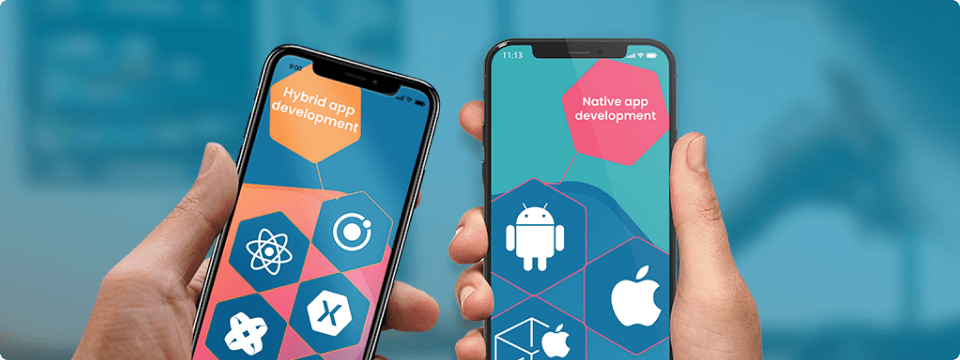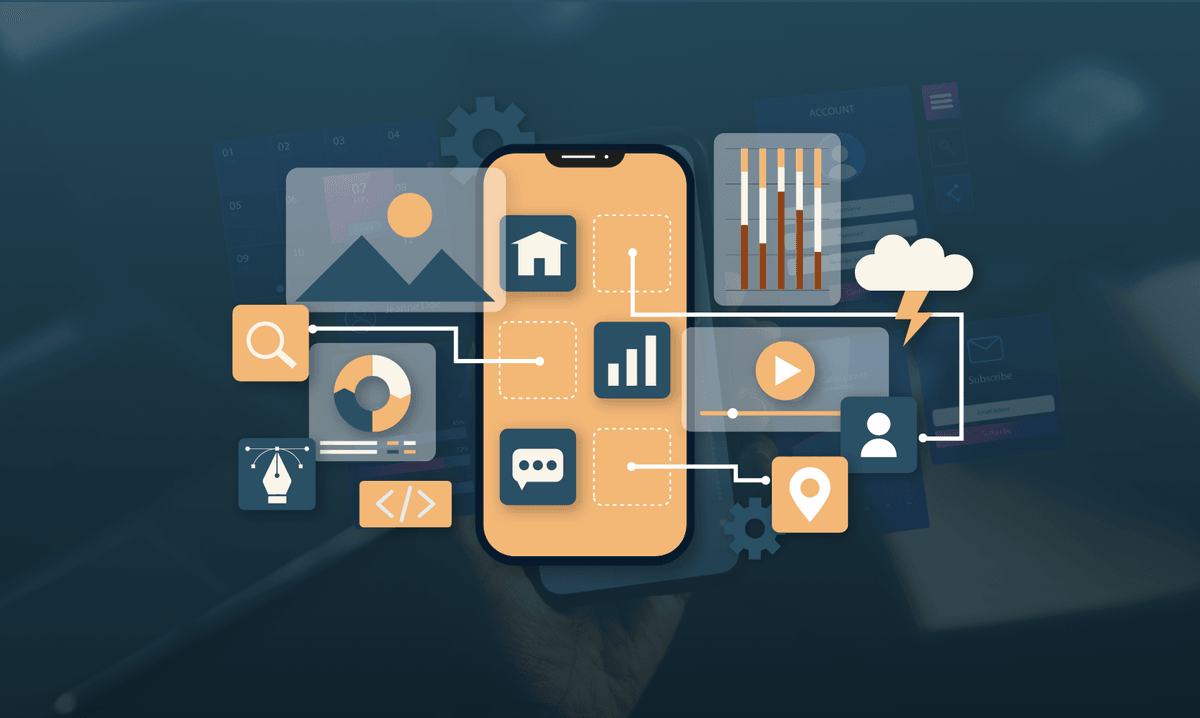Conclusion
In the native vs hybrid app debate, each has its merits. Native mobile app development shines in user experience and performance, ideal for feature-rich or graphic-intensive apps. Hybrid mobile app development, highlighted in discussions about hybrid vs native apps, offers cost and time efficiency, with frameworks like Flutter bridging the gap between the two.
For smaller projects, especially given iOS’s recent policy changes, Progressive Web Apps (PWAs) are recommended. This aligns with iOS’s preference for PWAs over native or hybrid apps for simple, informational, or marketing applications.
Ultimately, the choice between native vs hybrid mobile app development hinges on your project’s specific needs, budget, and audience. Carefully weigh these factors in deciding whether hybrid app development or native app development suits your goals best.
Are you struggling to choose the right app development approach for your project? Consult with ZealousWeb experts today to find the best solution tailored to your needs!







